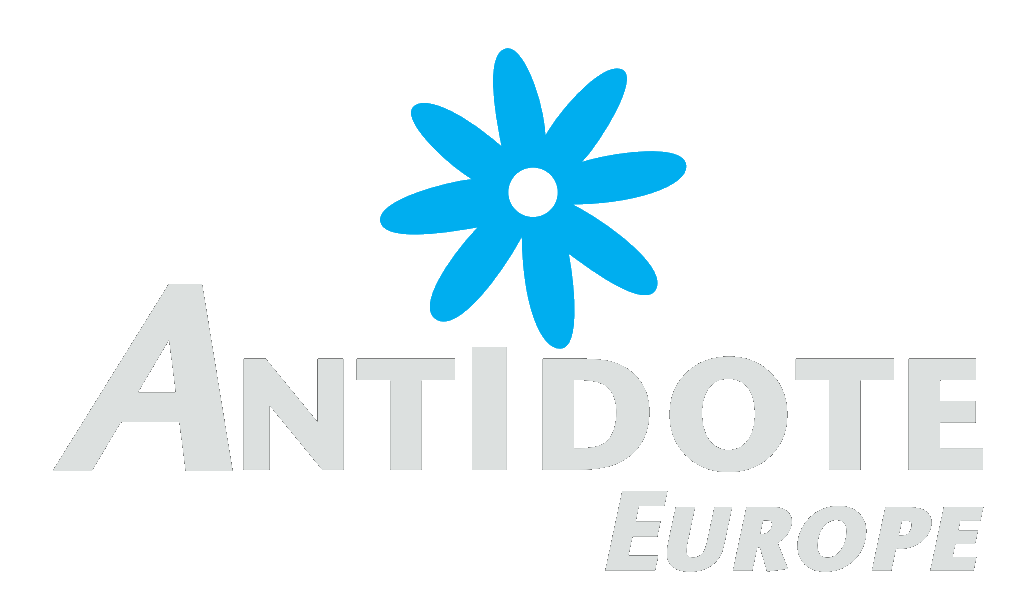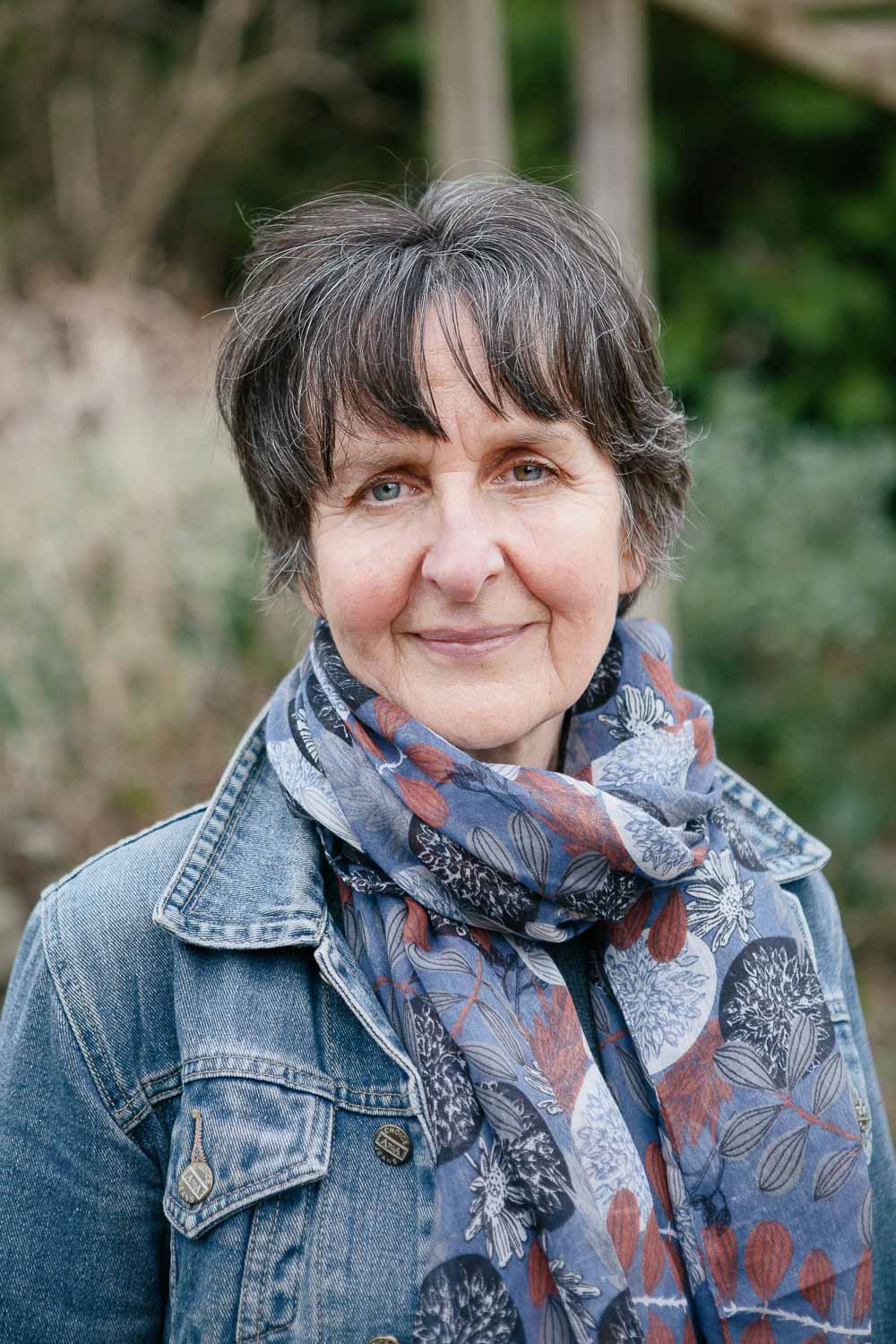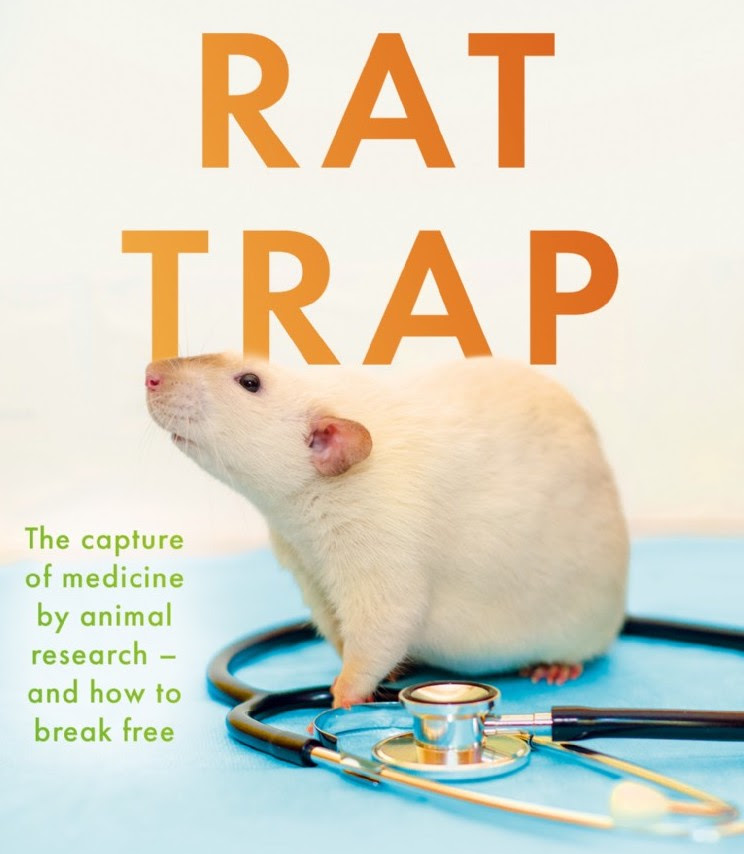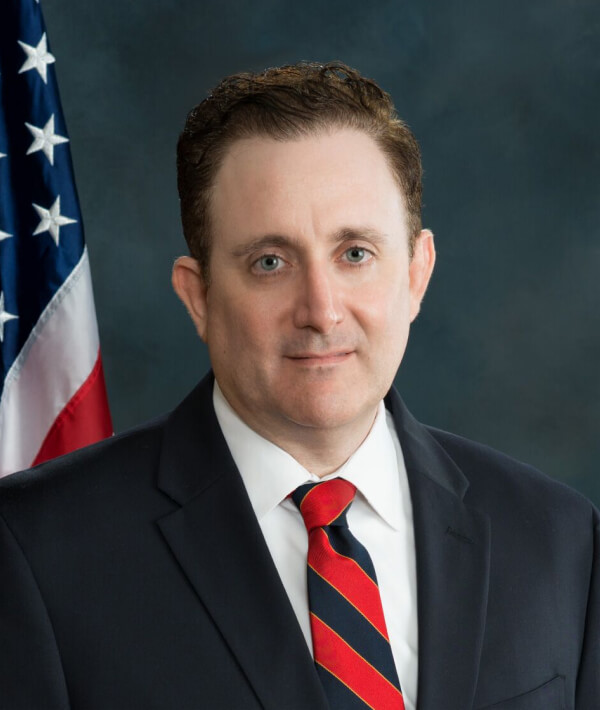
scientific committee promoting responsible science
is a not for profit NGO that promotes sound scientific methods of research and campaigns on issues of consumer safety.

Interview with Dr Pandora Pound
Interview with Dr Pandora Pound Pandora Pound is Research Director for Safer Medicines Trust, a UK based patient safety charity. She has a PhD in the Sociology of Medicine and over two decades’ experience of conducting research in a wide range of fields. In 2004 she was lead author of a landmark paper published… Read more

Book review Rat Trap
Book review Rat Trap by Pandora Pound (printed 2023 by Troubador Book Publishing) Kudos to Pandora Pound and the Safer Medicines Trust for producing a work as important as this, with perfect timing, because it fills a huge void on the vast subject of animal experimentation. Timing is important because this book has caught the… Read more

Open letter
Ms Michelle Mitchell OBE, CEO Cancer Research UK PO BOX 1561 Oxford OX4 9GZ UK OPEN LETTER 14 August, 2023. Dear Michelle Mitchell OBE, Our organisation first contacted CRUK in 2014 with an open letter to then CEO Dr Harpal Kumar, with a view to establishing a constructive dialogue on cancer prevention and public education… Read more

The Food and Drug Administration has failed in its public health mission
DAVID GORTLER INTERVIEW When a former Yale University professor and former Food and Drug Administration (FDA) Medical Officer appointed by the White House is dismissed by an incoming president, and all of his non-partisan, ongoing public health projects are abruptly terminated, alarm bells should start to ring. Dr David Gortler was forced to resign his… Read more

Interview with Dr Colette Goujon
The use of monkeys is still common today in the fields of fundamental research and neurology. We face the same age-old ethical dilemma : their « similarity » to humans supposedly makes them good models monkeys but also raises difficult ethical questions. But from a purely scientific perspective, are monkeys actually good models for the… Read more

Interview with Dr Andreas Ganz
Dr Andreas Ganz obtained his medical degree in Germany in 2002 and subsequently studied psychiatry, internal medicine and neurology. After obtaining a Masters degree in health administration in 2009, he went on to specialise in psychiatry and psychotherapy. Since 2017 he is chief physician of the Prinzregent-Luitpold-Klinik in Bad Reichenhall / Germany, with a focus… Read more
INTERVIEWS
Glyphosate
Why animals are not good models for the study of human disease
L'appel de Jane Goodall
People are not 70kg rats
In drug safety tests, using one species to represent another simply doesn’t work. We must replace animal tests with 21st-century science.
Open letter sent by Andre Menache to Cancer Research UK (CRUK)
Many medical charities who rely for their funding on the goodwill of the general public go on to use this money to support animal research in the mistaken belief that animal experiments will yield data that is relevant to human disease. In his letter to CRUK, Andre Menache presents scientific data to show that animal models are not able to predict human outcome.